1. The most obvious to watch out for: chest pain and discomfort
 image source: reddit.com
image source: reddit.com
When it comes to identifying potential signs of a heart attack, several symptoms warrant immediate attention. One of the most commonly reported indicators is chest pain or discomfort, typically described as a sensation of pressure, squeezing, fullness, or pain centralized in the chest area, often extending to the left side.
2. You may also get pain in other places, like your jaw, back or arms
 image source: reddit.com
image source: reddit.com
Pain or discomfort in the arms, neck, jaw, back, or stomach can also be warning signs of a heart attack, particularly if they occur alongside other symptoms such as chest pain or shortness of breath. This pain may feel like pressure, tightness, or aching and may come and go or be constant. The pain may radiate from the chest to these other areas.
3. Shortness of breath and difficulty breathing
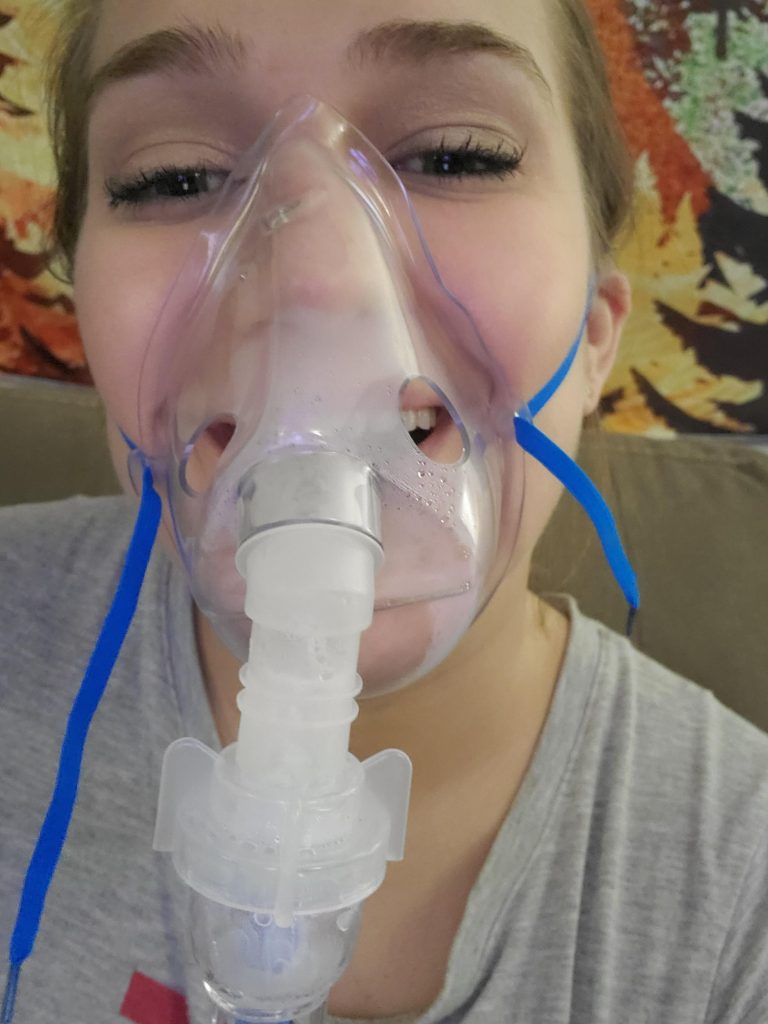 image source: reddit.com
image source: reddit.com
Shortness of breath or difficulty breathing is another common symptom of a heart attack, which may occur with or without chest discomfort. This sensation of breathlessness may feel like an inability to get enough air or like suffocating, and it may worsen with physical activity or exertion. Shortness of breath can be caused by fluid buildup in the lungs.
4. You may actually throw up

image source: reddit.com
Nausea or vomiting can sometimes accompany a heart attack, particularly in women or older adults. These symptoms may occur on their own or in conjunction with other warning signs such as chest pain, shortness of breath, or dizziness. Nausea and vomiting may result from the body's response to stress or the release of certain hormones during a heart attack.
5. You'll begin to feel dizzy and lightheaded

image source: reddit.com
Dizziness or lightheadedness can be warning signs of a heart attack, particularly if they occur suddenly or are accompanied by other symptoms such as chest pain, shortness of breath, or cold sweats. Dizziness may feel like lightheadedness, faintness, or a sensation of spinning or unsteadiness. It may be caused by decreased blood flow to the brain due to reduced cardiac output.
6. You'll suffer from cold sweats
 image source: reddit.com
image source: reddit.com
Cold sweats, or sudden sweating not related to exercise or heat, can be a sign of a heart attack, particularly in conjunction with other symptoms such as chest pain, shortness of breath, or dizziness. Cold sweats may occur suddenly and may be accompanied by clammy skin. Cold sweats can result from the body's response to stress or the release of certain hormones during a heart attack.
7. You'll come over all weak and tired for no reason
 image source: reddit.com
image source: reddit.com
Fatigue or weakness is a common symptom that can signal underlying heart issues, especially when experienced in conjunction with other symptoms. While fatigue can result from various factors such as lack of sleep, stress, or physical exertion, persistent or unexplained fatigue may indicate heart problems.
8. You might even feel an impending sense of doom

image source: reddit.com
Feeling of impending doom or anxiety can sometimes precede or accompany a heart attack, particularly in women or older adults. This intense feeling of apprehension, dread, or doom may occur suddenly and may be difficult to explain or rationalize. While anxiety can have many causes, including stress, trauma, or mental health issues, feelings of impending doom in the context of other symptoms such as chest pain should be taken seriously.
9. A heart attack can manifest as palpitations
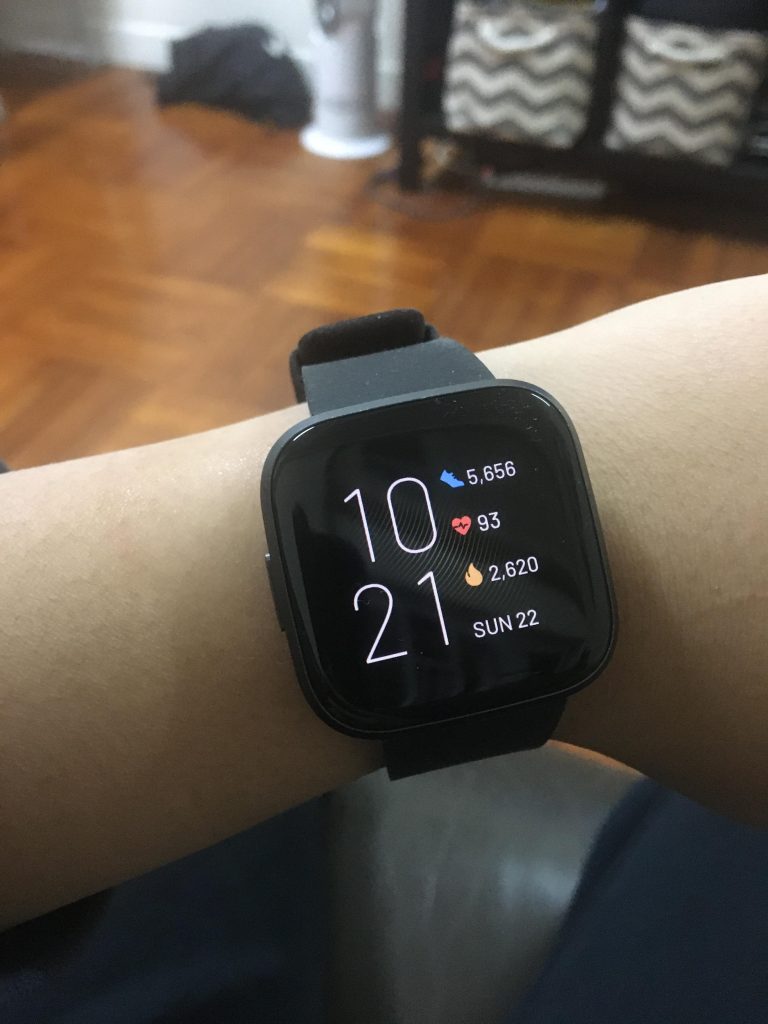 image source: reddit.com
image source: reddit.com
Palpitations may feel like a fluttering, pounding, or racing sensation in the chest, and they may occur intermittently or persistently. While occasional palpitations can be normal and benign, frequent or prolonged palpitations, especially when accompanied by other symptoms such as chest pain can also be a sign of more serious underlying heart conditions.
10. You'll feel like you have severe heartburn or indigestion
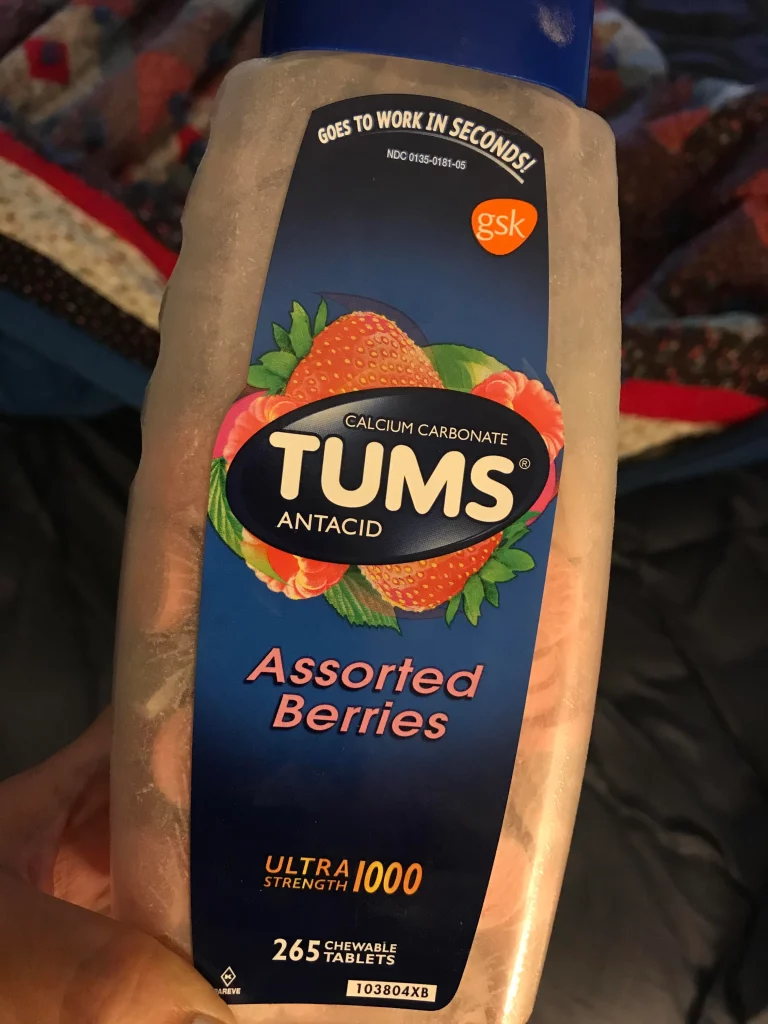 image source: reddit.com
image source: reddit.com
Indigestion or heartburn can sometimes mimic the symptoms of a heart attack, leading to confusion or delay in seeking medical attention. Indigestion may cause discomfort or burning sensation in the upper abdomen. Heartburn, or acid reflux, may cause a burning sensation in the chest or throat, often after eating or lying down.
11. The pain you feel will be a spreading sensation
 image source: reddit.com
image source: reddit.com
Pain that spreads from the chest to the shoulders, neck, arms, or jaw is often described as a hallmark symptom of a heart attack and should prompt immediate medical attention. This pain, known as referred pain, may occur when nerve pathways become irritated or compressed due to heart-related issues such as reduced blood flow or damage to the heart muscle.
12. Your chest will feel like it has a heavy weight pressing on it
 image source: reddit.com
image source: reddit.com
Feeling like you have a heavy weight on your chest is a classic symptom of a heart attack and should never be ignored. This sensation of pressure, squeezing, or tightness in the chest may feel like an elephant sitting on the chest and can be accompanied by other symptoms such as shortness of breath, sweating, nausea, or lightheadedness.
13. Any pain you have will likely get worse with movement and activity
 image source: reddit.com
image source: reddit.com
Pain or discomfort that gets worse with activity or stress and improves with rest is characteristic of angina, a condition caused by reduced blood flow to the heart muscle. This type of chest pain may feel like pressure, squeezing, or tightness and is often triggered by physical exertion or stress.
14. You might have a feeling of pressure that comes and goes - it doesn't have to be there all the time
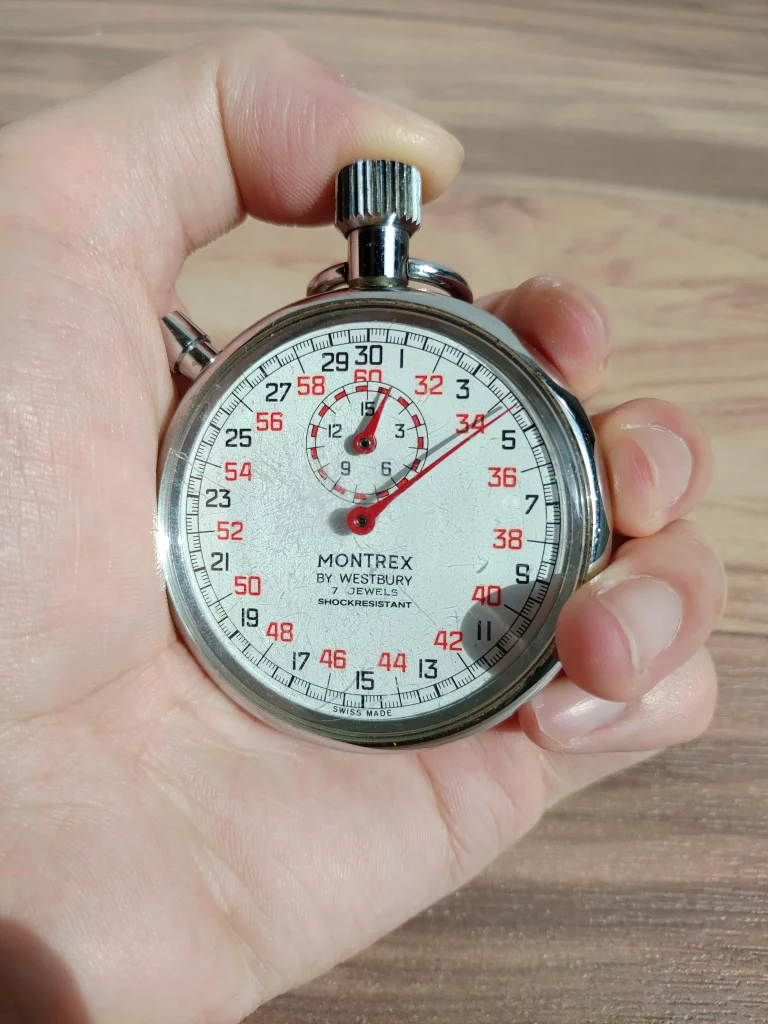 image source: reddit.com
image source: reddit.com
A feeling of tightness or pressure in the chest that may come and go can be a concerning symptom that warrants medical evaluation, as it may indicate various underlying conditions, including heart problems such as angina, coronary artery disease, or even a heart attack. This sensation, often described as heaviness, squeezing, or discomfort in the chest, may occur intermittently.
15. You've noticed you feel pain when you're triggered by emotional stress
 image source: reddit.com
image source: reddit.com
Pain or discomfort that is triggered by emotional stress can be a sign of stress-induced cardiomyopathy, also known as broken heart syndrome. This condition, often associated with intense emotional experiences such as grief, fear, or anger, can cause chest pain or discomfort similar to a heart attack. The exact cause of broken heart syndrome is not fully understood.
16. You might faint and lose consciousness altogether
 image source: reddit.com
image source: reddit.com
Loss of consciousness or fainting, medically known as syncope, can occur due to various factors, including heart rhythm disturbances, low blood pressure, or insufficient blood flow to the brain. Fainting episodes may be preceded by symptoms such as dizziness, lightheadedness, or palpitations.
17. You feel like you're choking
 image source: reddit.com
image source: reddit.com
Feeling of choking sensation can be a symptom of a heart attack or other cardiac issues, particularly if it is accompanied by other warning signs such as chest pain, shortness of breath, or cold sweats. This sensation may feel like tightness or constriction in the throat, making it difficult to breathe or swallow.
18. You experience pain that no amount of over-the-counter medication has been able to fix
 image source: reddit.com
image source: reddit.com
Pain or discomfort that is not relieved by over-the-counter medications like antacids may indicate a more serious underlying condition, such as a heart attack or gastrointestinal issue. While antacids can help alleviate symptoms of indigestion or heartburn in some cases, persistent or severe chest pain or discomfort that does not respond to treatment warrants immediate medical attention.
19. You find it hard to swallow during these bouts of pain
 image source: reddit.com
image source: reddit.com
Pain accompanied by difficulty swallowing may be indicative of esophageal or cardiac issues, such as gastroesophageal reflux disease (GERD) or angina. Difficulty swallowing, also known as dysphagia, can occur when there is an obstruction or narrowing in the esophagus, making it challenging to pass food or liquids from the mouth to the stomach.
20. You find it impossible to sleep
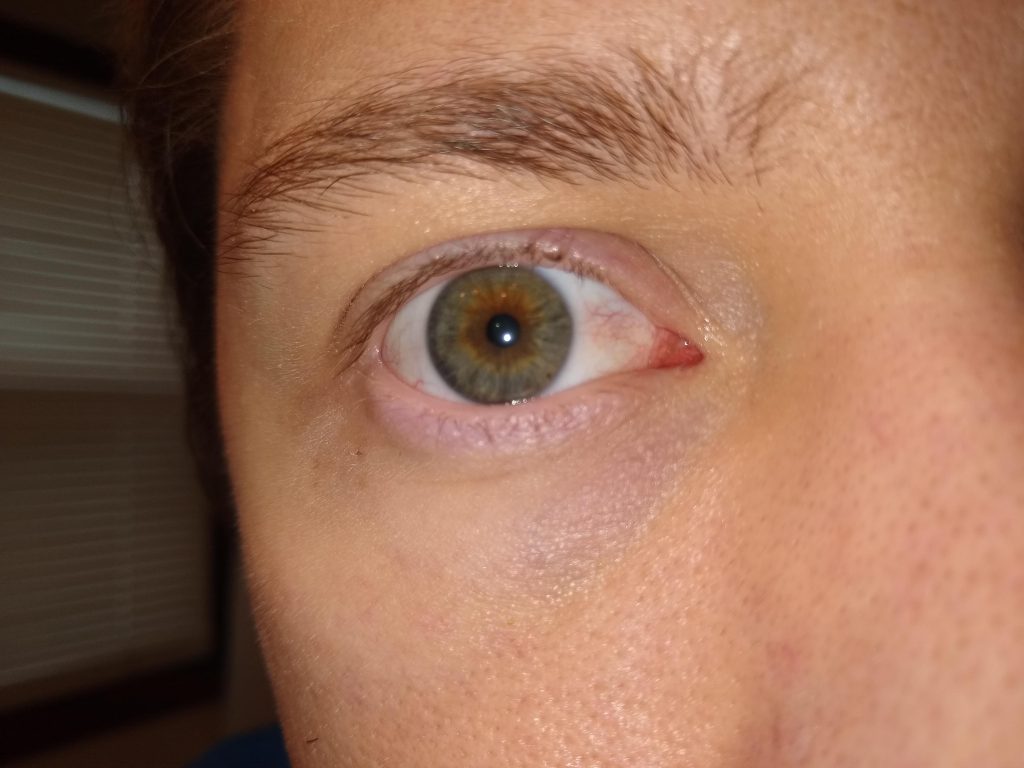 image source: reddit.com
image source: reddit.com
Difficulty sleeping or insomnia, especially if it's accompanied by other symptoms such as chest pain, shortness of breath, or anxiety, can be indicative of underlying heart issues or sleep disorders. While difficulty sleeping can have many causes, including stress, poor sleep hygiene, or lifestyle factors, it may also be a symptom of conditions such as sleep apnea, restless legs syndrome, or heart failure.
21. You're always feeling full or bloated, no matter what you eat
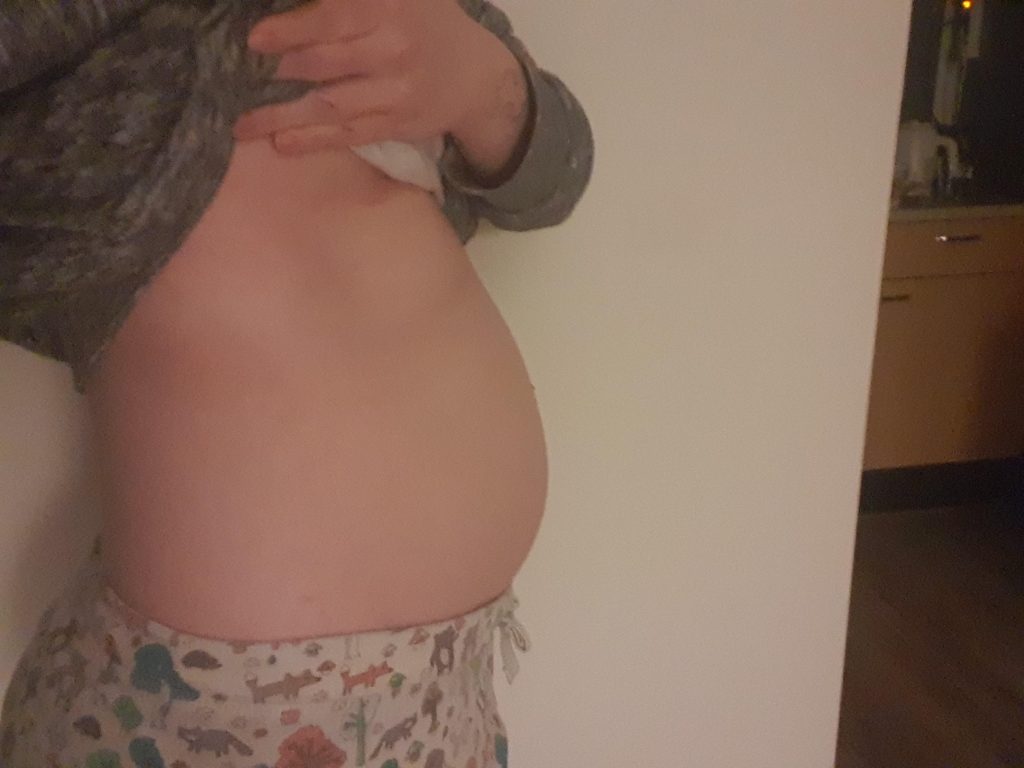 image source: reddit.com
image source: reddit.com
A feeling of fullness, bloating, or gas that persists despite dietary changes may be indicative of gastrointestinal issues or, less commonly, heart problems such as heart failure or angina. While bloating and gas are common and usually benign, persistent symptoms that do not improve with dietary modifications may need medical evaluation.
22. You never stop coughing or wheezing

image source: reddit.com
Persistent coughing or wheezing, especially if it's accompanied by chest discomfort, may be indicative of underlying respiratory issues or, less commonly, heart problems such as heart failure or pulmonary hypertension. While coughing and wheezing are common and usually benign, persistent symptoms that do not improve may mean something more serious.
23. It's likely you'll feel radiating pain down the right arm, surprisingly

image source: reddit.com
Most people think the left arm will be in pain before a heart attack due to its position closer to the heart. Pain that radiates down the arms, particularly the right arm, can be a sign of a heart attack, especially if it's accompanied by other symptoms such as chest pain, shortness of breath, or cold sweats. This radiating pain may feel like pressure or tingling.
24. If you feel anything in your left arm, it'll be numb and cold
 image source: reddit.com
image source: reddit.com
Sudden onset of coldness or numbness in the arms, particularly the left arm, can be a concerning symptom that may indicate reduced blood flow or nerve damage. While coldness or numbness can have many causes, including nerve compression, circulation problems, or exposure to cold temperatures, sudden symptoms may mean a heart attack.
25. You find yourself confused and unable to speak much
 image source: reddit.com
image source: reddit.com
Sudden onset of confusion or difficulty speaking can be indicative of a medical emergency, such as a stroke or transient ischemic attack (TIA), which requires immediate medical attention. Difficulty speaking can have many causes, including medication side effects, dehydration, or neurological disorders, bur sudden and severe symptoms should be treated as a medical emergency.
26. You have unexplained swelling in different areas of the body, like the ankles
 image source: reddit.com
image source: reddit.com
Unexplained weight gain or swelling in the legs, ankles, or feet is often a sign of fluid retention, which can be associated with heart failure. This occurs when the heart is unable to pump blood effectively, leading to fluid buildup in the body's tissues. As the heart struggles to circulate blood efficiently, fluid can accumulate in the lower extremities due to gravity, causing swelling and discomfort.
27. You have pain between your shoulder blades
 image source: reddit.com
image source: reddit.com
Feeling pain between the shoulder blades, can sometimes be overlooked or attributed to muscle strain or tension. However, this symptom can also be a sign of potential heart-related issues, particularly if it occurs alongside other cardiac symptoms. The upper back pain may result from referred pain originating from the heart or could be due to the strain placed on the muscles and ligaments surrounding the heart during a cardiac event.
28. Here's what you can do to reduce the risk of a heart attack: monitor your blood pressure
 image source: reddit.com
image source: reddit.com
Monitoring and managing your blood pressure regularly is essential for maintaining heart health and reducing the risk of heart disease. High blood pressure, or hypertension, places added strain on the heart and blood vessels, increasing the likelihood of cardiovascular problems such as heart attacks, strokes, and heart failure.
29. Eat the healthiest diet you can
 image source: reddit.com
image source: reddit.com
Maintaining a healthy diet is fundamental to heart health and overall well-being. A diet rich in fruits, vegetables, whole grains, lean proteins, and healthy fats provides essential nutrients and antioxidants that support cardiovascular health and reduce the risk of heart disease. These foods are high in fiber, vitamins, minerals, and phytochemicals that help lower cholesterol levels, regulate blood pressure, and improve blood vessel function.
30. Find out what a healthy weight and BMI is for you, and aim for it
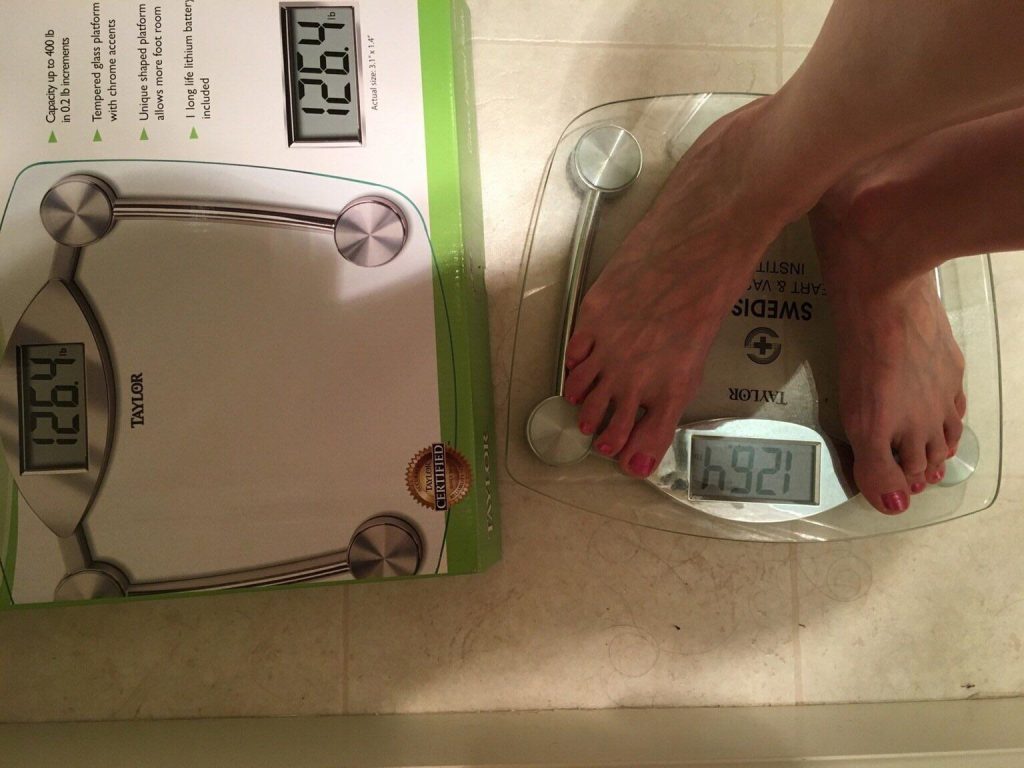 image source: reddit.com
image source: reddit.com
Achieving and maintaining a healthy weight and body mass index (BMI) is crucial for heart health and overall wellness. Excess weight, especially around the abdomen, is associated with an increased risk of heart disease, type 2 diabetes, high blood pressure, and other health problems. By adopting a balanced diet and engaging in regular physical activity, you can achieve a healthy weight and BMI.
31. Aim for at least 150 minutes of exercise a week
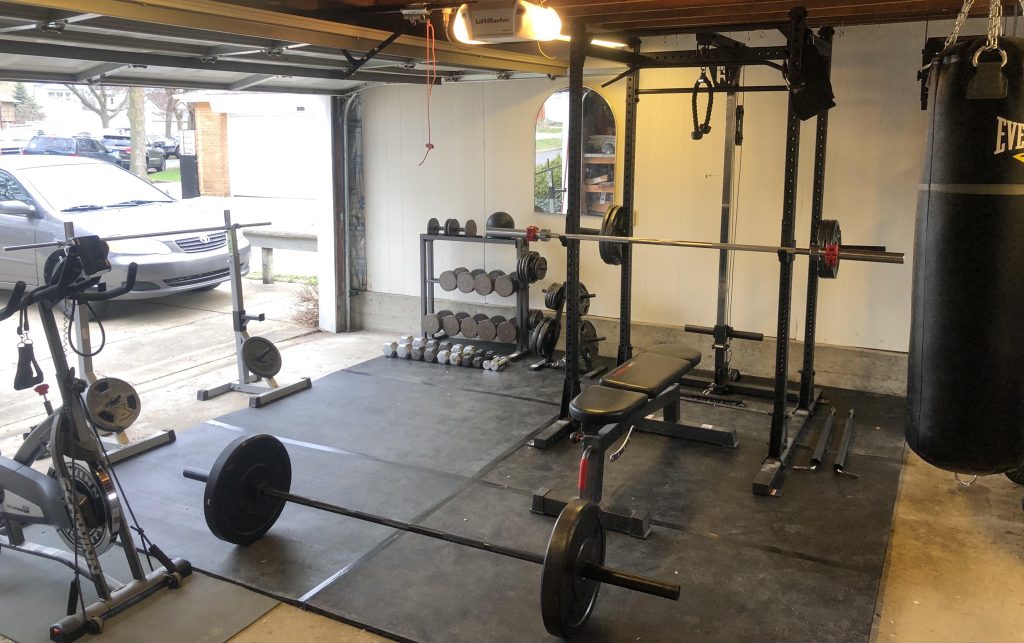 image source: reddit.com
image source: reddit.com
Engaging in regular physical activity is essential for maintaining heart health and reducing the risk of heart disease. Exercise strengthens the heart muscle, improves blood circulation, lowers blood pressure and cholesterol levels, and helps maintain a healthy weight—all of which contribute to a lower risk of cardiovascular problems.
32. It's time to quit smoking (and avoid that secondhand smoke, too)
 image source: reddit.com
image source: reddit.com
Quitting smoking and avoiding exposure to secondhand smoke are crucial steps in preventing heart disease and improving overall health. Smoking is a major risk factor for heart disease, as it damages the heart and blood vessels, increases blood pressure and heart rate, reduces oxygen levels in the blood, and promotes the formation of blood clots—all of which can lead to heart attacks, strokes, and other cardiovascular problems.
33. Take it easy on the booze
 image source: reddit.com
image source: reddit.com
Limiting alcohol consumption to moderate levels is an important aspect of maintaining heart health and reducing the risk of heart disease. While some research suggests that moderate alcohol consumption, such as one drink per day for women and up to two drinks per day for men, may have cardiovascular benefits, excessive alcohol intake can have detrimental effects on the heart and overall health.
34. Find a relaxation technique to manage your stress
 image source: reddit.com
image source: reddit.com
Managing stress is essential for heart health, as chronic stress can contribute to the development of heart disease and exacerbate existing cardiovascular conditions. Incorporating relaxation techniques into daily life, such as meditation, deep breathing exercises, yoga, or engaging in hobbies and activities that bring joy and fulfillment, can help reduce stress levels.
35. Get an early night
 image source: reddit.com
image source: reddit.com
Getting adequate sleep each night is crucial for heart health and overall well-being. Poor sleep habits, such as insufficient sleep duration, irregular sleep schedules, or sleep disturbances, can increase the risk of high blood pressure, obesity, insulin resistance, and diabetes—all of which are risk factors for heart disease.
36. Check in with your family about any history of heart disease
 image source: reddit.com
image source: reddit.com
Knowing your family history of heart disease and discussing it with your doctor is an important step in understanding and managing your risk of cardiovascular problems. Genetics can play a significant role in heart health, and individuals with a family history of heart disease or related conditions may be at higher risk themselves.
37. Monitor blood sugar levels and diabetes risks
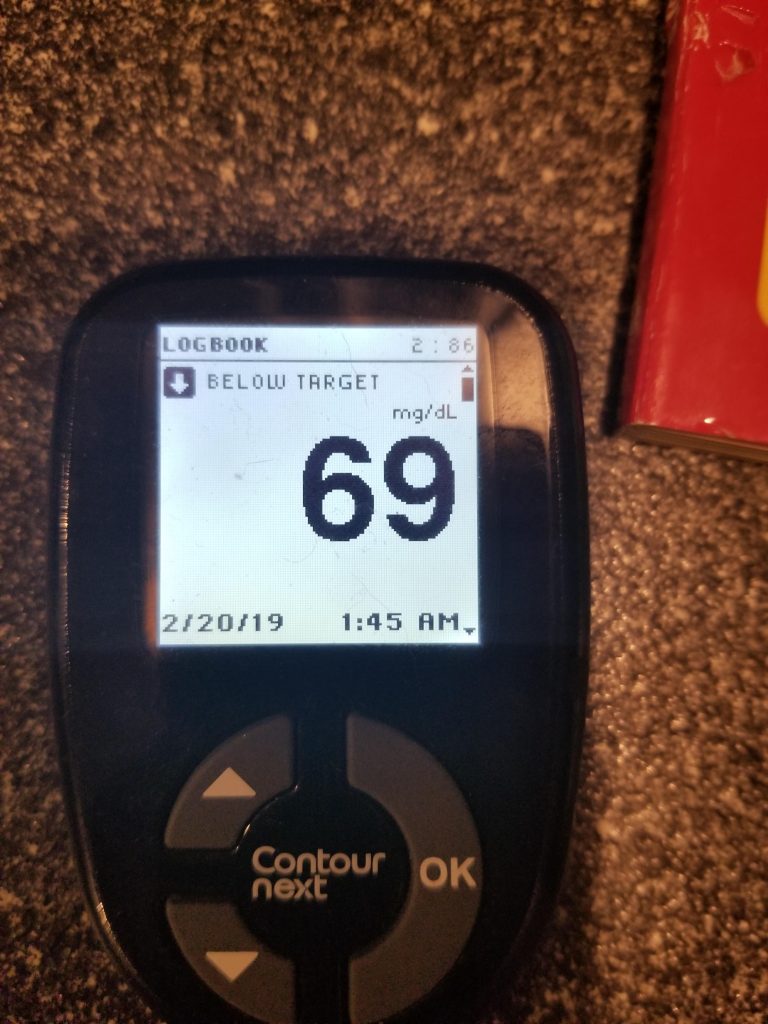 image source: reddit.com
image source: reddit.com
Controlling diabetes through proper management of blood sugar levels is essential for heart health and reducing the risk of cardiovascular complications. Diabetes is a significant risk factor for heart disease, as high blood sugar levels can damage blood vessels, increase inflammation, and contribute to the development of atherosclerosis and other cardiovascular problems.
38. Switch out sugary soda for water (we know it's not as exciting!)
 image source: reddit.com
image source: reddit.com
Staying hydrated by drinking plenty of water throughout the day is essential for maintaining overall health and supporting optimal heart function. Water plays a vital role in regulating body temperature, facilitating nutrient transport, removing waste products, and lubricating joints and tissues. Adequate hydration is particularly important for heart health.
39. Oily fish is your best friend
 image source: reddit.com
image source: reddit.com
Incorporating oily fish high in omega-3 fatty acids into the diet, such as salmon, mackerel, or trout, at least twice a week can provide significant benefits for heart health. Omega-3 fatty acids are essential nutrients that have been shown to reduce inflammation, lower triglyceride levels, decrease blood clot formation, and improve heart rhythm.
40. Ditch the red meat if you can

image source: reddit.com
Limiting intake of processed and red meats and choosing lean protein sources such as poultry, fish, beans, and legumes more often is an important dietary strategy for promoting heart health. Processed and red meats are high in saturated fats, cholesterol, and sodium, all of which can contribute to an increased risk of heart disease and other cardiovascular problems.
41. Stop overeating by practicing portion control
 image source: reddit.com
image source: reddit.com
Practicing portion control is an effective strategy for preventing overeating and maintaining a healthy weight, both of which are important for heart health. Overeating can lead to weight gain, obesity, and an increased risk of heart disease and other chronic health conditions. By paying attention to portion sizes and eating mindfully, individuals can better regulate their calorie intake.
42. Get regular health checkups with your doctor
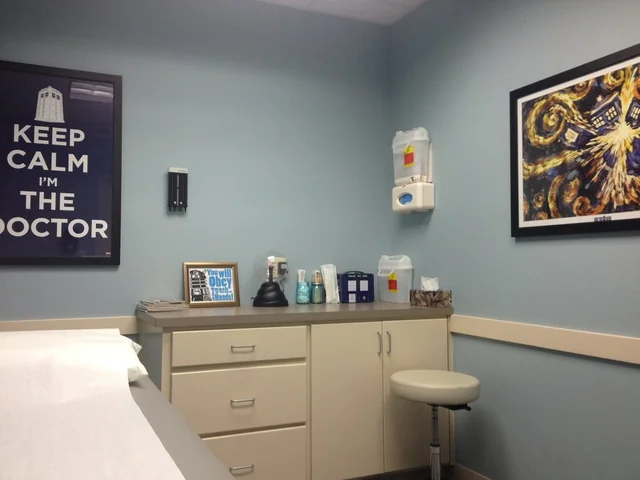 image source: reddit.com
image source: reddit.com
Getting regular check-ups with a healthcare provider is essential for monitoring heart health and addressing any concerns or changes in symptoms. Routine health screenings, physical exams, and diagnostic tests can help identify risk factors for heart disease, such as high blood pressure, high cholesterol, diabetes, and obesity, before they progress to more serious problems.
43. Skip the dessert
 image source: reddit.com
image source: reddit.com
Limiting intake of foods high in added sugars, such as sweets, desserts, and sugary snacks, is essential for maintaining heart health and reducing the risk of heart disease. Consuming excessive amounts of added sugars can contribute to weight gain, obesity, insulin resistance, and high blood pressure, all of which are risk factors for heart disease.
44. Reduce those Starbucks trips if you can
 image source: reddit.com
image source: reddit.com
Avoiding excessive caffeine intake is important for heart health, as it can lead to increased heart rate and blood pressure in some individuals. While moderate caffeine consumption is generally considered safe for most people, excessive intake—especially from sources such as energy drinks, caffeinated beverages, and supplements—can have adverse effects on cardiovascular function.
45. Focus more on strength training at the gym
 image source: reddit.com
image source: reddit.com
Incorporating strength training exercises into your fitness routine is beneficial for building muscle mass, improving metabolic function, and enhancing overall cardiovascular health. While aerobic exercise such as walking, running, and cycling is important for heart health, strength training offers unique benefits for heart health and fitness.
46. Don't forget to brush and floss (yep, your teeth can affect your heart, too)
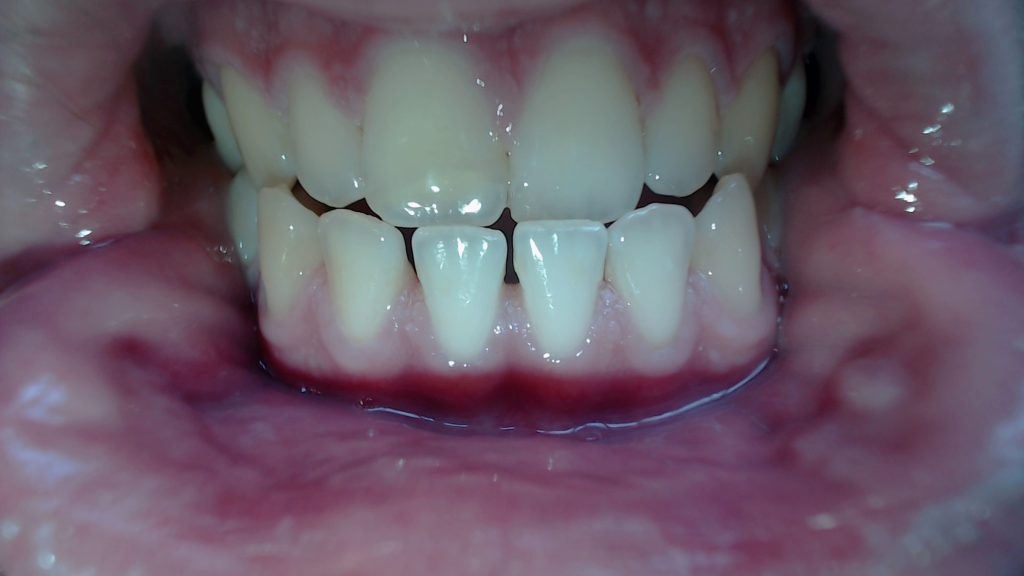 image source: reddit.com
image source: reddit.com
Practicing good oral hygiene by brushing and flossing your teeth regularly is essential for maintaining not only dental health but also heart health. Poor oral hygiene has been linked to an increased risk of heart disease, as bacteria from gum disease can enter the bloodstream and contribute to inflammation and plaque buildup in the arteries.
47. Consider a plant-based diet - or at least a few plant meals a week
 image source: reddit.com
image source: reddit.com
Considering incorporating plant-based foods into your diet, such as nuts, seeds, legumes, and whole grains, is an excellent way to support heart health and overall well-being. Plant-based foods are rich in fiber, vitamins, minerals, antioxidants, and phytonutrients that have been shown to benefit cardiovascular health.
48. Stay social and surround yourself with the right people
 image source: reddit.com
image source: reddit.com
Staying socially connected and maintaining strong relationships with friends, family, and community members is essential for promoting heart health and overall well-being. Social support has been shown to reduce stress levels, improve emotional well-being, and lower the risk of heart disease overall.
49. Listen to your body - early detection can help
 image source: reddit.com
image source: reddit.com
Staying vigilant about your overall health and listening to your body is crucial for early detection and intervention in preventing heart disease and reducing the risk of a heart attack. Being attuned to any unusual symptoms or changes in your body can help identify potential health concerns before they escalate into serious problems.
50. Stay continually informed about risks and symptoms
 image source: reddit.com
image source: reddit.com
Staying informed about heart disease risk factors and symptoms and seeking medical attention promptly if you experience any warning signs or symptoms of a heart attack is crucial for early intervention and optimal outcomes. Understanding the risk factors for heart disease can help individuals make informed decisions.
 image source: reddit.com
image source: reddit.com image source: reddit.com
image source: reddit.com image source: reddit.com
image source: reddit.com

 image source: reddit.com
image source: reddit.com image source: reddit.com
image source: reddit.com
 image source: reddit.com
image source: reddit.com image source: reddit.com
image source: reddit.com image source: reddit.com
image source: reddit.com image source: reddit.com
image source: reddit.com image source: reddit.com
image source: reddit.com image source: reddit.com
image source: reddit.com image source: reddit.com
image source: reddit.com image source: reddit.com
image source: reddit.com image source: reddit.com
image source: reddit.com image source: reddit.com
image source: reddit.com image source: reddit.com
image source: reddit.com image source: reddit.com
image source: reddit.com image source: reddit.com
image source: reddit.com

 image source: reddit.com
image source: reddit.com image source: reddit.com
image source: reddit.com image source: reddit.com
image source: reddit.com image source: reddit.com
image source: reddit.com image source: reddit.com
image source: reddit.com image source: reddit.com
image source: reddit.com image source: reddit.com
image source: reddit.com image source: reddit.com
image source: reddit.com image source: reddit.com
image source: reddit.com image source: reddit.com
image source: reddit.com image source: reddit.com
image source: reddit.com image source: reddit.com
image source: reddit.com image source: reddit.com
image source: reddit.com image source: reddit.com
image source: reddit.com image source: reddit.com
image source: reddit.com image source: reddit.com
image source: reddit.com
 image source: reddit.com
image source: reddit.com image source: reddit.com
image source: reddit.com image source: reddit.com
image source: reddit.com image source: reddit.com
image source: reddit.com image source: reddit.com
image source: reddit.com image source: reddit.com
image source: reddit.com image source: reddit.com
image source: reddit.com image source: reddit.com
image source: reddit.com image source: reddit.com
image source: reddit.com image source: reddit.com
image source: reddit.com